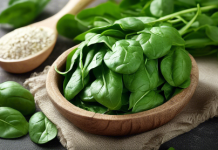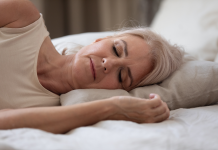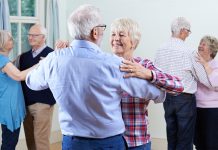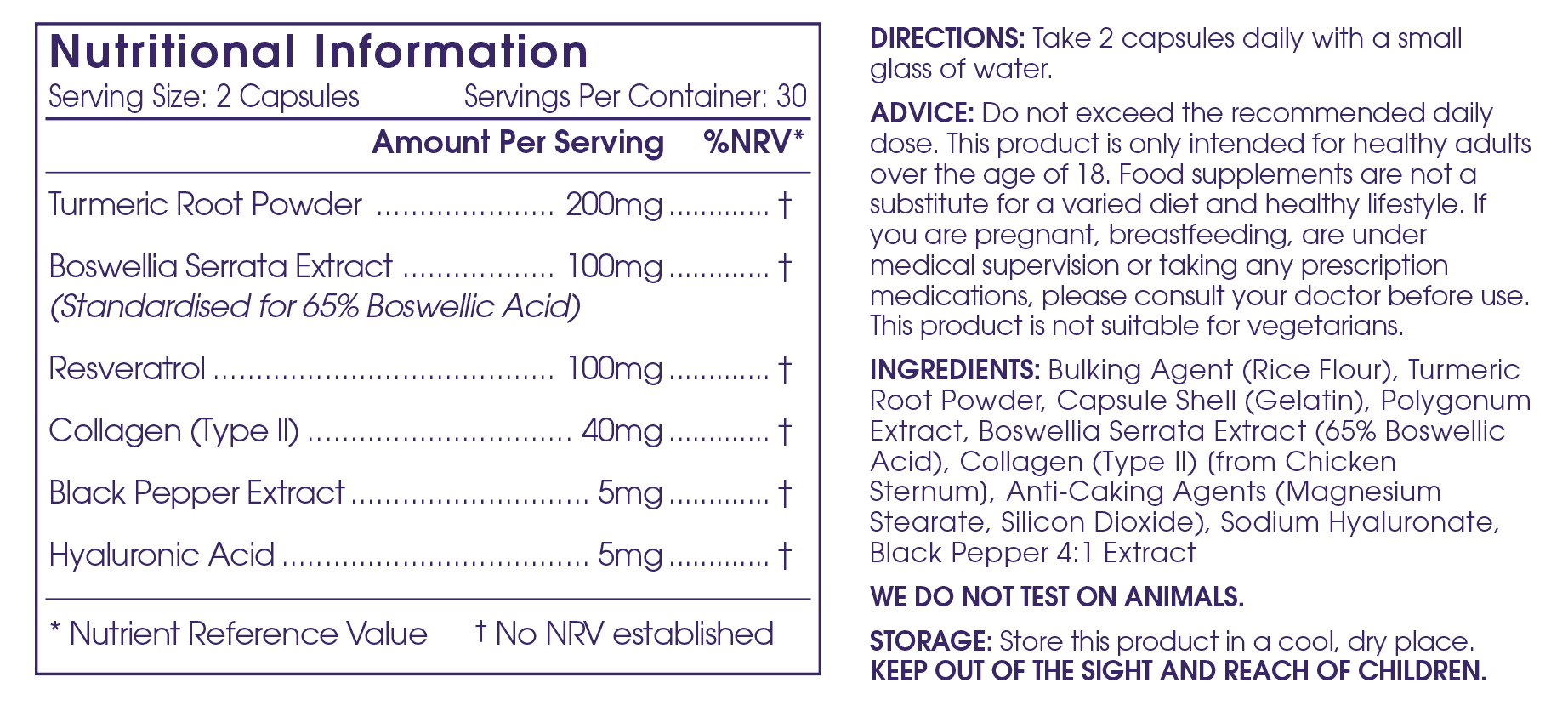The winter is upon us again, and with it comes the unpredictable and seemingly ceaseless abundance of cold, sleet, snow, rain, and ice. For many, this cold and unpleasant onslaught may induce one to curl up in a ball on the couch beneath layers of downy fleece and remain unmoving until the veil of winter has passed. However, hibernation is not a tenable answer to this conundrum. Staying active in the winter is an important aspect of a healthy lifestyle, can help stave off the winter blues, and is great for physical and psychological well-being.
Importance of Exercise
We are currently living in an age with unprecedented technological innovation that has made life much easier, yet simultaneously has promoted sedentary behavior in equal measure. Accompanying this inadequate lack of physical activity in westernized populations, obesity and chronic disease such as diabetes, cardiovascular disease, certain cancers, osteoporosis, and osteoarthritis in particular, has produced an increasing prevalence in society.
Physical activity and exercise help in prevention and management of these chronic conditions, promoting:
- metabolic health
- prevention of excessive weight gain
- strengthening skeletal and cardiac muscle
- improving flexibility and resilience to potential injury
- strengthening and mineralizing bone tissue
- better sleep
- stimulates appetite due to the energy consumption necessary to sustain metabolically active tissues (especially muscle)

Exercise maintains joint mobility and reduces pain, which is especially important for people who experience joint pain and arthritis. If you are someone who suffers chronicity joint issues, including a supplement such as JointFuel360 to support the maintenance of joint tissues and to attenuate the inflammation that leads to joint destruction and pain, may be useful.
Engaging in regular physical activity can also release feel-good neurotransmitters such as endorphins, serotonin, norepinephrine, and dopamine. These chemical effects, as well as positive feelings and physical improvements in appearance and ability, help improve emotional and psychological health, and provide benefits to one’s self-confidence.
Seasonal affective disorder or SAD is an annual, seasonal depressive disorder recognized by the DSM as a psychological diagnosis that is seen during the fall and winter months. This phenomenon occurs particularly in populations living in areas away from the equator in the northern hemisphere where daylight hours are shortened during the winter solstice. This can disrupt circadian rhythms in individuals, which control arousal or wakefulness and sleep. SAD exists on a continuum ranging from:
- mild sleepiness and a lack of energy
- debilitating depression
- inability to remain productive
- sadness
- increased appetite
- reduced activity
- weight gain
- difficulty concentrating
- withdrawal from society
A daily prescriptive dose of activity, whether at home, in an indoor gym setting, or out in the crisp fresh outdoor air, can modulate appetite, control weight, benefit your mood, enhance social interaction, and can make one feel better about themselves and life in general, while also promoting motivation in other areas of life.

Outdoor Pursuits
Whether you are an avid outdoor sports enthusiast or someone who prefers to be snuggled inside the comfort of their heated home with a favorite book, a breath of fresh air, even in the midst of winter, can be very restorative physically and mentally. Some outdoor sports or activities, whether solo or in unison with others, include some of the following:
- Walking
- Biking
- Hiking
- Ice hockey
- Downhill or cross-country skiing
- Snow shoeing
- Sledding and playing outdoors with your kids or family dog
- Shoveling
- Skating
Safety Tips for Staying Active in the Winter
If choosing to engage in one or more of the previously listed activities, it is imperative to take heed and be aware of certain precautions to ensure you and others around you, remain intact at the journey’s end.
1) Dress appropriately
Wear layers with the layer nearest the skin being composed of a moisture-wicking material. Avoid cotton as it absorbs moisture, which will cool the skin when you sweat and cause a chill to set in that can lower the core temperature and, therefore, make one prone to hypothermia. Layer with an insulating material like fleece, and finish with a water repellent exterior material. Finish with a hat, gloves, scarves, warm socks, and appropriate footwear.
2) Warm up
Starting a vigorous activity without priming the body, can result in injury. Furthermore, especially if you are obese, of advanced age, with preexisting heart conditions or sedentary, the sudden activity can cause the heart rate to accelerate and the blood vessels to constrict as a response to the cold, causing a further increase in cardiac activity. Walking on the spot and dynamic stretches can increase the heart rate slowly, enhance blood flow to working muscles, stretch muscles and connective tissues and prepare the body.
3) Walking and jogging
Beware of slippery, snow and ice-laden sidewalks and treadways that may make slips and falls likely and potentially dangerous. Walk slowly, pay attention and wear footwear with good traction or metal cleats.
4) Hydration
It may be more difficult to properly assess thirst and water needs in cold weather, but maintaining hydration in winter remains important before, during and after an activity.
5) Sunscreen
Even in winter when it is cloudy or when the strength of the sun is decreased, protection against excessive skin damaging UV rays remains important. Also, consider using a lip balm with SPF to protect your lips from sun and wind damage that may make some people prone to a herpetic (cold sores) breakout.
Indoor Activities
If freezing your face off outside fails to inspire you to leave home and hearth, or if the weather is particularly bad that day, there is no shortage of indoor options as well, such as:
1) Home gym
This does not have to entail an expensive and elaborate setup, and may include a mat only, a set of dumbbells, a pull-up bar or something more elaborate if space and resources permit.
2) Technology
Working out under the tutelage of a qualified instructor, fitness group, or with a group of workout buddies over Zoom can be the key to staying active in the winter. Other platforms may even include YouTube videos freely accessible for all to follow along with.
3) Exercise establishments
One can choose to attend a gym, indoor pool or group fitness studio.
4) Housework
Staying active in the winter with chores around the house counts toward overall activity and movement. Even doing laps around your house, walking or jogging on the spot or walking up and down the stairs can provide a good aerobic session.
Maintaining strength and aerobic fitness yearlong is an important component of a healthy lifestyle, may keep the winter blues at bay and can be done virtually anywhere and with any budget or fitness level.
References
11 ways to stay active in winter. Heart and Stroke Foundation of Canada. (2022). Retrieved January 30, 2022, from https://www.heartandstroke.ca/articles/11-ways-to-stay-active-in-winter
Centers for Disease Control and Prevention. (2021, November 1). Benefits of physical activity. Centers for Disease Control and Prevention. Retrieved January 30, 2022, from https://www.cdc.gov/physicalactivity/basics/pa-health/index.htm
Gilmerm. (2020, December 17). How to stay active outside when the weather gets colder. Cleveland Clinic. Retrieved January 30, 2022, from https://health.clevelandclinic.org/how-to-stay-active-outside-when-the-weather-gets-colder/
How to stay active in Cold Weather. www.heart.org. (2016). Retrieved January 30, 2022, from https://www.heart.org/en/healthy-living/fitness/getting-active/how-to-stay-active-in-cold-weather
Padden, D. L. (2002, February 8). Exercise and physical activity. Medscape. Retrieved January 30, 2022, from https://www.medscape.com/viewarticle/421475_1
Timothy, E. (n.d.). Does physical activity improve symptoms of seasonal affective disorder (SAD)? . USU. Retrieved January 30, 2022, from https://extension.usu.edu/healthwellness/physical/does-physical-activity-improve-systoms-of-seasonal-affective-disorder













